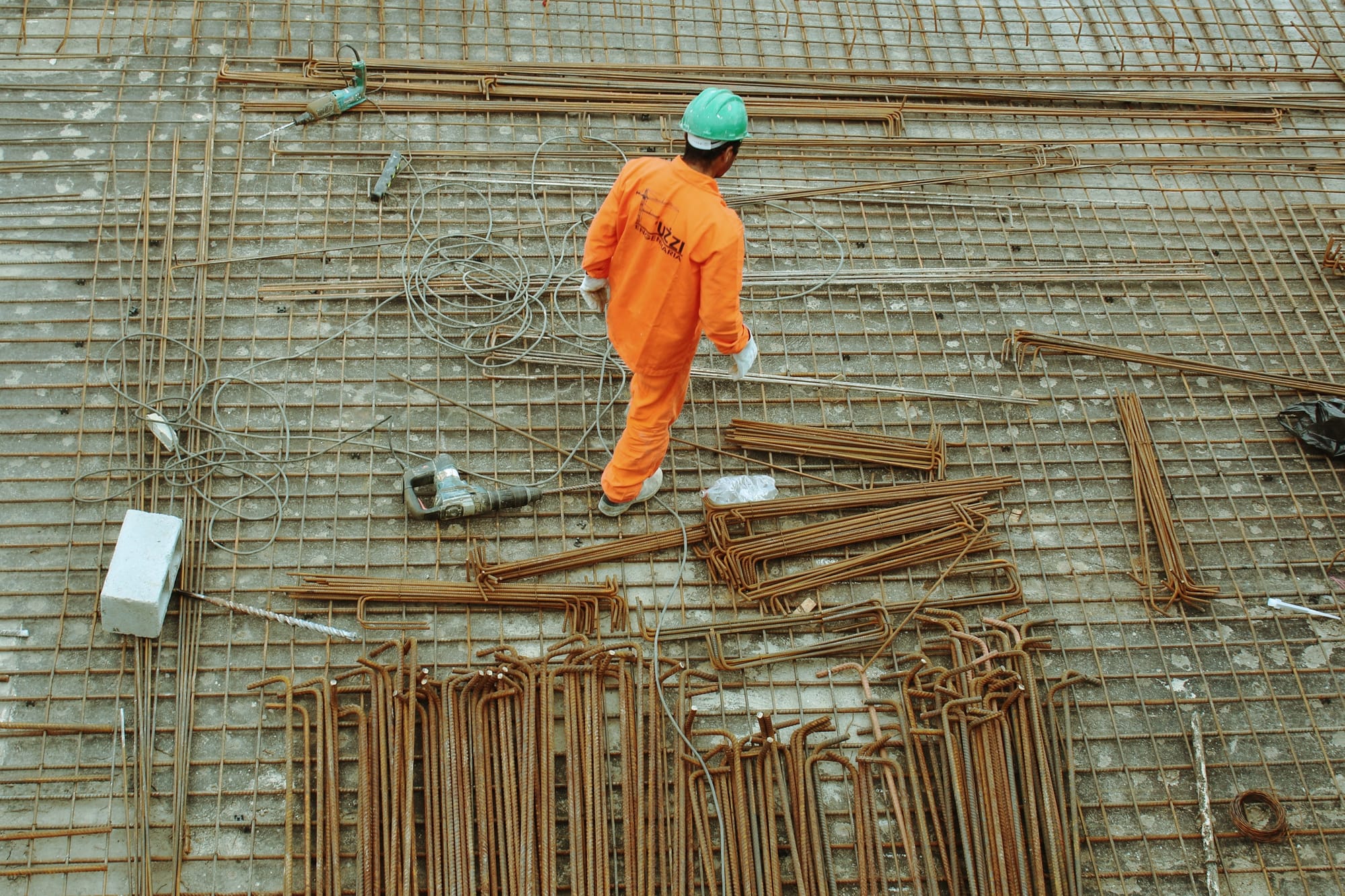Benefits of Selling Scrap Metal in Al Baha

Scrap metal recycling and selling have become crucial elements in the global effort to safeguard the environment while also contributing to the economy. Al Baha, a region in Saudi Arabia, is no exception to this beneficial practice. Selling scrap metal in Al Baha offers a range of advantages, not only to the individual or business engaging in this activity but also to the community and the environment at large. In this article, we dive into the benefits of selling scrap metal in Al Baha through a series of questions and answers.
Q1: What is scrap metal and why is it important?
Scrap metal refers to any metal that is ready for recycling. It can come from end-of-life products, construction debris, manufacturing offcuts, or any other source that renders the metal no longer useful in its current form. The importance of scrap metal lies in its capacity to be recycled and reused, reducing the need for virgin ore mining, which is significantly more energy-intensive and environmentally damaging.
Q2: What types of metals are commonly sold as scrap in Al Baha?
- Iron and Steel: Often found in construction materials, vehicles, and household appliances.
- Copper: Common in electrical wiring, plumbing, and air conditioning units.
- Aluminum: Typically comes from cans, foil, and automotive parts.
- Brass: Found in fixtures, keys, and decorative items.
Q3: What are the environmental benefits of selling scrap metal in Al Baha?
Selling scrap metal in Al Baha significantly contributes to environmental conservation. It reduces the need for mining, which in turn diminishes the destruction of habitats, soil and water pollution, and greenhouse gas emissions. Recycling metal is also more energy-efficient than producing metal from virgin ore, leading to substantial energy savings. These environmental benefits are crucial for sustainable development in the region.
Q4: How does selling scrap metal benefit the economy in Al Baha?
The scrap metal industry plays a pivotal role in the local economy by creating jobs in collection, processing, and recycling facilities. Additionally, selling scrap metal generates income for individuals and businesses, which can then be reinjected into the local economy. The reduced energy costs associated with recycling also translate into lower production costs for metal manufacturers, potentially leading to more affordable products for consumers.
Q5: Can selling scrap metal in Al Baha be profitable?
Yes, selling scrap metal can be quite profitable. The profitability depends on various factors such as market demand, the type of metal, and its purity. Metals like copper and aluminum tend to fetch higher prices owing to their widespread use and recyclability. By consistently collecting and selling scrap metal, individuals and businesses in Al Baha can derive a steady income source.
Q6: What challenges might one face when selling scrap metal in Al Baha?
Despite its benefits, sellers might face several challenges, including fluctuating market prices, transportation logistics for bulky items, and the need for proper sorting and processing facilities. Additionally, awareness and education about the value and process of recycling metal remain challenges that need addressing to ensure more widespread participation in the practice.
Q7: How can someone start selling scrap metal in Al Baha?
Starting to sell scrap metal in Al Baha involves a few key steps: conducting market research to understand the demand and prices for different types of metals, identifying potential sources of scrap metal, and establishing a relationship with local recycling centers or scrap metal buyers. It's also important to familiarize oneself with the relevant regulations and procedures for selling scrap metal in the region.
Q8: Are there specific regulations in Al Baha for selling scrap metal?
Yes, there are regulations in place to ensure the environmentally safe and efficient recycling of scrap metal. These may include permits for collection and transportation, as well as guidelines on how to properly handle and sort different types of metals. Sellers should consult with local authorities or environmental agencies to ensure compliance with these regulations.
Q9: What future prospects do you see for the scrap metal industry in Al Baha?
The scrap metal industry in Al Baha has a bright future, driven by increasing awareness about the importance of recycling and sustainable development. As technologies for metal recycling continue to improve, and as the local community becomes more engaged in sustainability practices, the industry is expected to grow. This growth will further bolster the environmental and economic benefits associated with scrap metal recycling in the region.
Q10: How does selling scrap metal contribute to community development in Al Baha?
Selling scrap metal contributes to community development by fostering a culture of recycling and sustainability. It encourages local businesses and residents to participate in environmentally responsible practices, which can lead to cleaner surroundings and reduced waste in landfills. The economic benefits—such as job creation and income generation—also play a significant role in enhancing the quality of life for the community members.
Conclusively, selling scrap metal in Al Baha not only offers environmental and economic benefits but also contributes to the sustainable development of the community. Through increased awareness, compliance with regulations, and community engagement, the practice of selling scrap metal can pave the way for a greener and more prosperous future for Al Baha.


